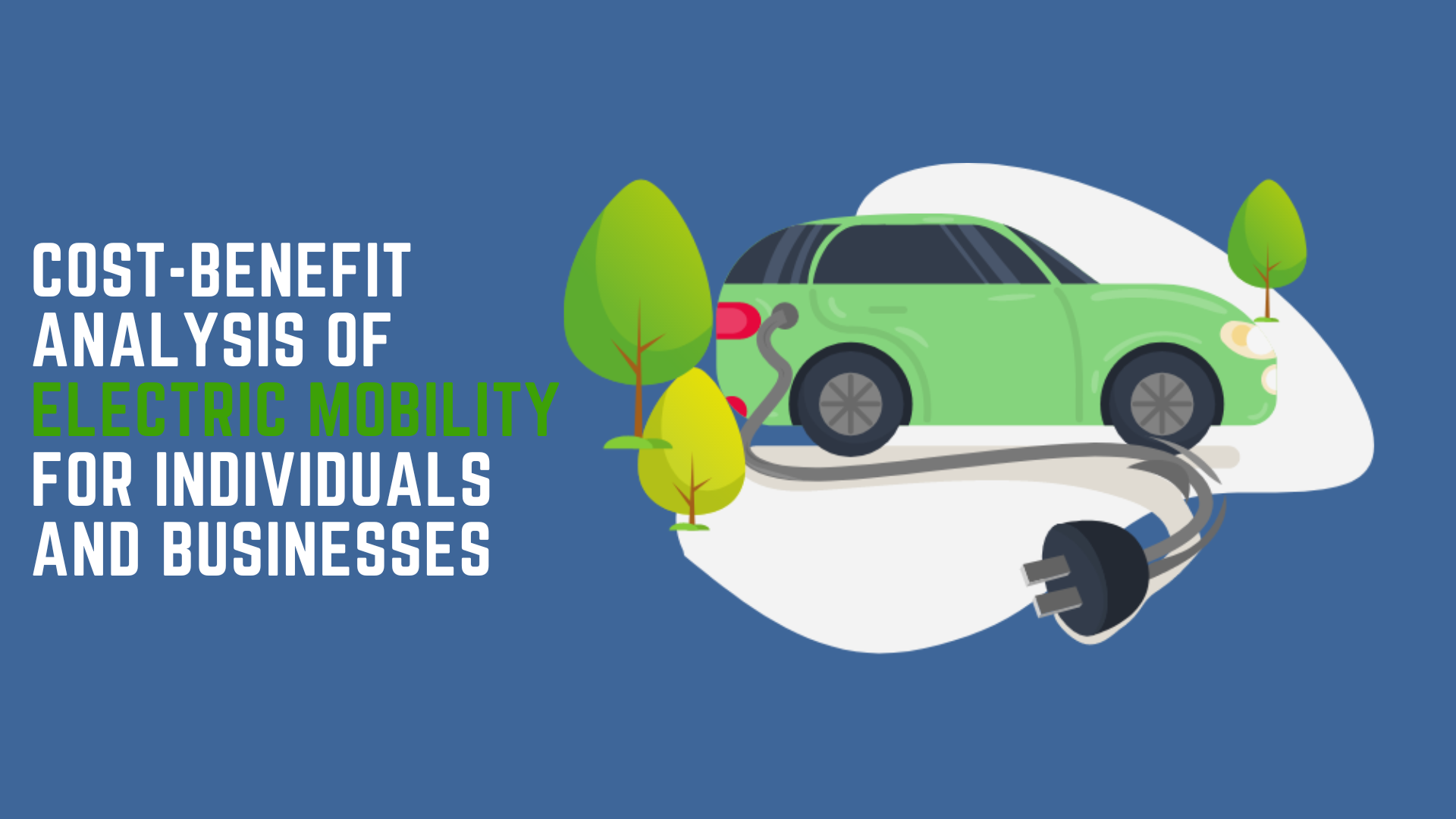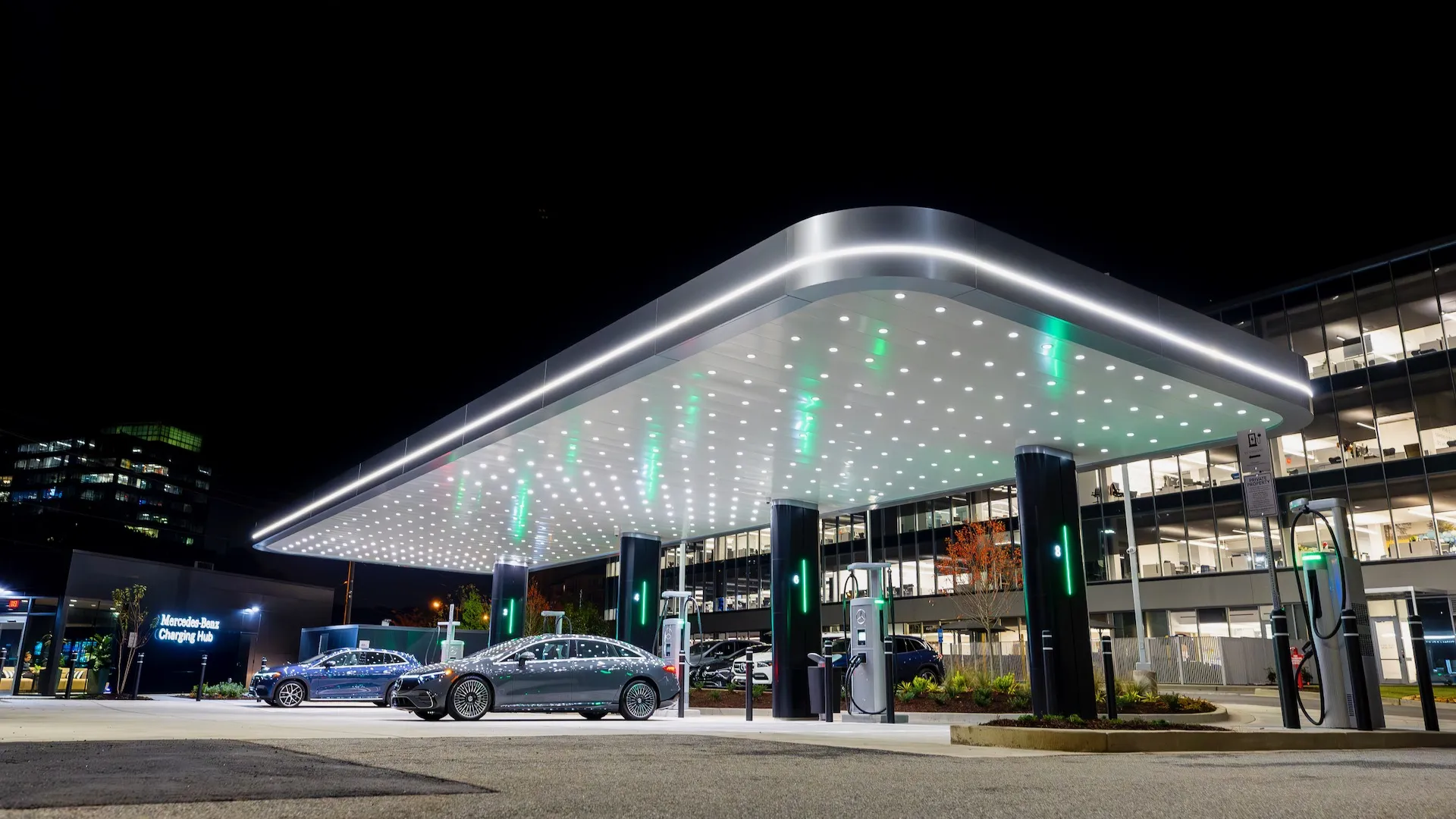
With domestic fuel prices skyrocketing, EVs in India are becoming more appealing to consumers. Especially two-wheelers, which have become the most popular segment among the masses. Unlike the USA and China, electric two-wheelers dominate Indian markets. According to the data of the Society of Manufacturers of Electric Vehicles (SMEV), E2W sales in India rose two and a half fold reached 8,46,976 units in the 2022–2023 fiscal.
However, this was not the case five years ago. With the government’s schemes and policies such as FAME-I, FAME-II, PLI, and more, indigenous manufacturing has surged, along with several budding OEMs and automakers. As a result of this favourable environment, the EV market in India is getting a significant push, and it is becoming economically viable to own an EV in the country. Furthermore, with strong products in the pipeline, several cost benefits have emerged for end consumers, i.e., individuals and businesses.
Economic for individuals
The optimism for EVs is reflected in the buzz around the company. According to a survey by EY, in India, 90% of customers are willing to buy an EV, regardless of the premium cost. That initially proves that domestic consumers are viewing EVs as a viable replacement for ICE vehicles, which bear a high cost. Furthermore, this scenario also changed due to automakers who were keen to produce a vehicle that caters to the bulging needs of consumers, which is cost-efficiency. And in this regard, from the individual customer’s perspective, EVs can have a myriad of cost benefits.
Low TCO
Previously, there was a general outcry among Indians regarding the high upfront cost of EVs. However, if we compare the TCO (total cost of ownership) factor for ICE (internal combustion engine) vehicles and EVs, it turns out that the latter are 50% cheaper. Also, as the cost of fuel is eliminated when compared to the per-kilometer cost of electricity, the charging is 70–80% economic.
Tax Benefit
In a bid to surge the adoption of EVs, the government of India has reduced the GST (Goods and Services Tax) from 12% to 5%. Furthermore, the Ministry of Road Transport and Highways has also advised the states to reduce the road tax on the purchase of EVs. As a result, several state governments have exempted the registration fees and reduced the road and motor tax to 1%.
The above-stated prepositions make buying an EV economic and attractive for individual consumers, who are now more motivated for the segment.
Lucrative for businesses
In a bid to check on climate change, the government has asked aggregators such as e-commerce companies, food delivery services, and cab aggregators to switch completely to EVs. However, it will also be lucrative for businesses in the long run owing to the cost benefits of EVs, especially two-wheelers.
Low running and Maintenance Costs
EVs are more energy efficient than their conventional counterparts as they use electricity. This is how it not only saves businesses money but also safeguards their sustainability goals. Furthermore, the EV has fewer moving parts when compared to the ICE. The motor, battery, and associated electronics require less maintenance, and the service is also economical. When the running and maintenance costs are lower, EVs automatically become lucrative in the long run.
Easier to setup a fleet
With the nation switching to EVs for transportation purposes, it is only evident that businesses with a fleet will be the first ones to jump on the EV bandwagon. This is the result of several new-age automakers developing vehicles that eliminate range anxiety for businesses. For instance, there are some vehicles on the market that provide range up to 100 km per charge, making them useful for fleet operations.
Provision of Battery Swapping
With a push to enhance the charging infrastructure in India, the government has also introduced a battery swapping policy. In turn, it will reduce downtime and extend the EV range, which will improve efficiency for businesses and enhance profits. Furthermore, it will also improve efficiency for businesses and enhance profits overall. In addition, it further saves on the cost of purchasing a new battery frequently.
Read More: Battery Swapping Technology Need, Importance, Benefits & Challenges
All things considered
With the technology of EVs improving at a rapid pace, it is only evident that consumers too are finding EVs a viable investment for their personal or business uses. With low TCO and tax benefits, EVs are emerging as an interesting mobility solution for individual customers. On the other hand, the improving infrastructure, battery swapping provision, and low running and maintenance costs are making EVs lucrative for businesses, enhancing their productivity and ROI.
Consumers are becoming more aware thanks to government initiatives and private key players catering to their infrastructure and vehicle needs. On the basis of the current scenario, we can anticipate that in the near future, the adoption of EVs is only going to increase, especially two-wheelers, owing to their popularity and uses. The market size of E2W in India is projected to be 80% of the overall two-wheeler market in India by 2030 according to a report by Redseer Strategy Consultants.









